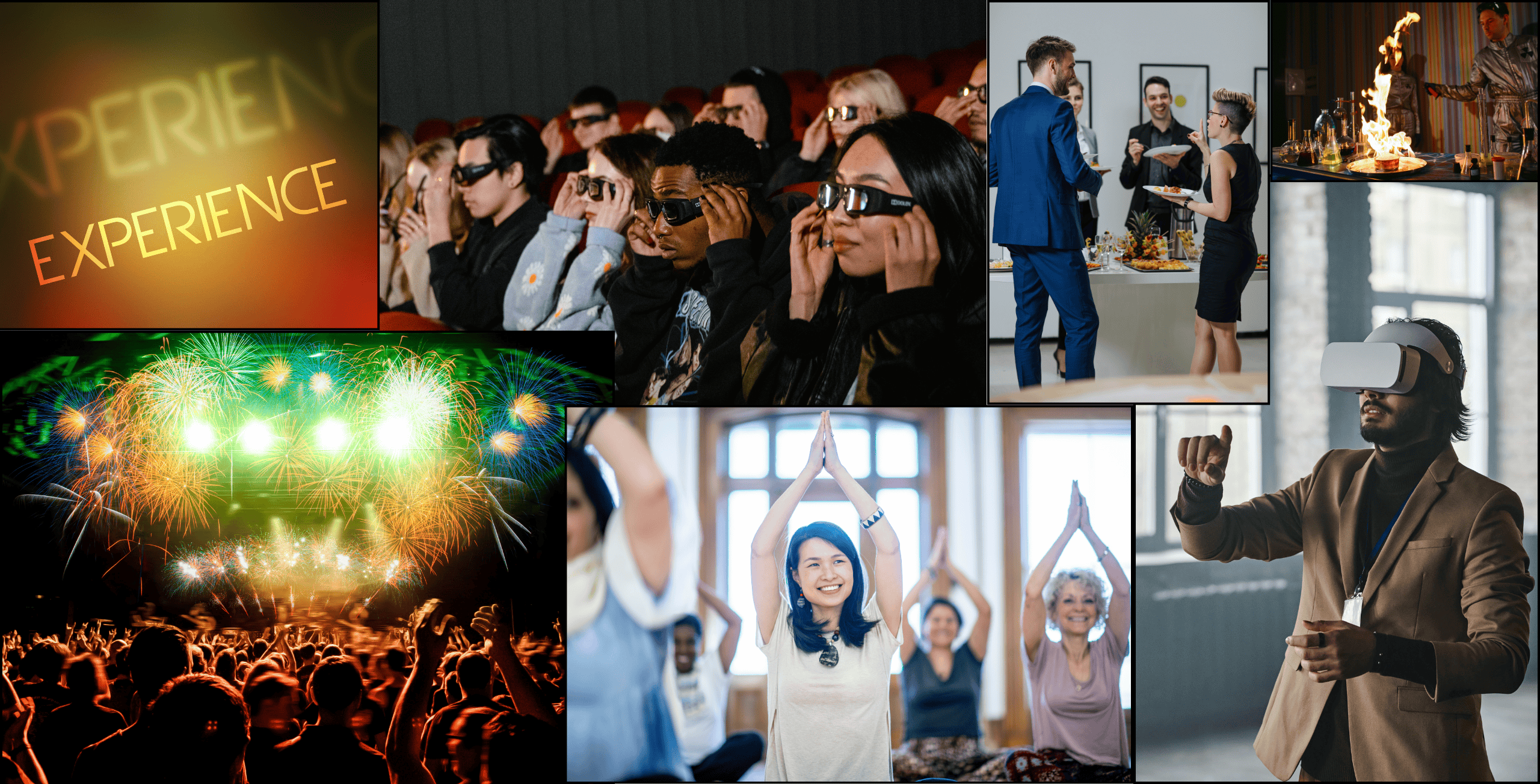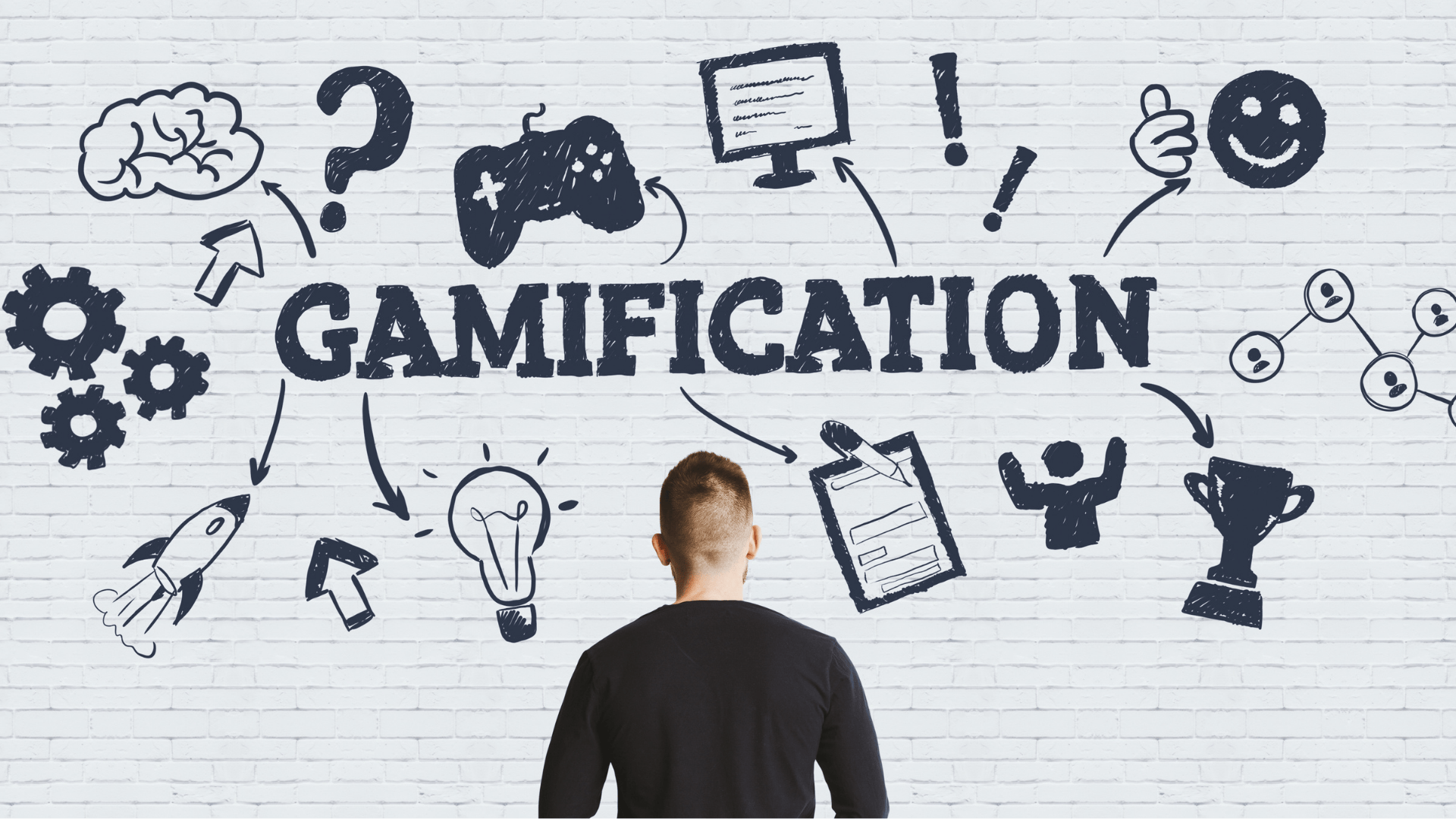
In the dynamic landscape of event planning, standing out and ensuring robust attendance requires more than traditional marketing tactics.
Embracing innovative strategies not only captivates potential attendees but also amplifies your return on investment (ROI).
Here’s a comprehensive guide to creative event marketing approaches, supported by current trends and statistics.
Leveraging Social Media Platforms
Social media remains a powerhouse for event promotion, offering unparalleled reach and engagement. Utilising platforms like Facebook, Instagram, LinkedIn, and Twitter allows for targeted advertising and organic promotion.
Engaging content, such as behind-the-scenes footage, speaker interviews, and interactive polls, can generate buzz and foster a sense of community.
Statistic: According to the 2025 Digital Media Trends report by Deloitte, hyperscale social video platforms are reshaping digital media consumption, highlighting the growing influence of social media in engaging audiences.
Develop an Engaging Event Website or Landing Page
A dedicated event website serves as the central hub for information and registration. An intuitive, mobile-responsive design with compelling visuals and clear calls-to-action enhances user experience. Incorporating SEO best practices ensures higher visibility in search engine results, driving organic traffic.
Statistic: A well-designed event website can significantly boost attendance rates by providing easy access to event details and registration.
Create a Sense of Urgency and FOMO (Fear of Missing Out)
Limited-time offers, early bird discounts, and exclusive content can create urgency, encouraging prompt registrations. Highlighting testimonials from past attendees and showcasing unique event features can amplify FOMO, compelling potential participants to secure their spots.
Statistic: Implementing scarcity tactics can increase conversion rates by up to 300%, as reported by various marketing studies.
Partner with Influencers and Industry Leaders
Collaborating with influencers and respected figures in your industry can extend your event’s reach to their established audiences. These partnerships lend credibility and can drive higher engagement through authentic endorsements.
Statistic: Influencer marketing delivers 11 times higher ROI than traditional forms of digital marketing, according to a study by TapInfluence.
Utilise Email Marketing Campaigns
Email remains a highly effective channel for personalised communication. Segmenting your audience and tailoring messages to specific demographics or interests can enhance engagement. Incorporating compelling subject lines and clear calls-to-action increases open and conversion rates.
Statistic: Email marketing boasts an average ROI of $42 for every $1 spent, highlighting its cost-effectiveness.
Offer Engaging Content and Experiences
Hosting pre-event webinars, releasing teaser videos, and providing valuable content related to the event theme can build anticipation. Interactive elements like contests or Q&A sessions can further engage your audience and encourage sharing.
Statistic: Events incorporating interactive content experience a 33% increase in engagement levels.
Implement Retargeting Strategies
Retargeting ads serve as reminders to individuals who have shown interest but haven’t registered. These ads can be personalized based on the user’s previous interactions, increasing the likelihood of conversion.
Statistic: Retargeted visitors are 70% more likely to convert compared to those who aren’t retargeted.
Foster Community Through Exclusive Digital Hangouts
Creating exclusive online communities or forums for registered attendees encourages networking and engagement before the event. This sense of belonging can enhance the overall event experience and encourage word-of-mouth promotion.
Statistic: Events that build pre-event communities see a 20% increase in attendee satisfaction.
Utilise Data Analytics for Targeted Marketing
Leveraging data analytics enables you to understand attendee behavior and preferences, allowing for more targeted and effective marketing campaigns. Analysing past event data can inform decisions on content, speakers, and promotional channels.
Statistic: Companies that use data-driven marketing are six times more likely to be profitable year-over-year.
Embrace Hybrid Event Models
Offering both in-person and virtual attendance options caters to a broader audience, accommodating varying preferences and circumstances. Hybrid models can increase reach and provide additional revenue streams through virtual ticket sales.
Statistic: Hybrid events have been shown to increase attendance by up to 30% compared to traditional formats.
Conclusion
Innovative event marketing requires a blend of creativity, strategic planning, and data-driven decision-making. By embracing these creative strategies and staying attuned to emerging trends, you can enhance attendance and achieve a higher return on investment for your events.
Companies like evexus tick all the boxes when looking at ways to grow your event audience. Using the latest in event technology, and making the complex simple.








